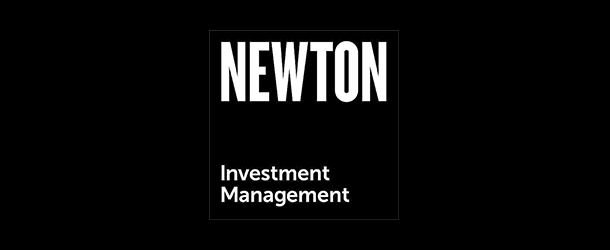So we have the result of the Dutch election, with incumbent Prime Minister Mark Rutte and his People’s Party for Freedom and Democracy (VVD) winning the largest share of the vote after a better-than-expected showing (albeit with a smaller tally of seats than in the last election in 2012). Geert Wilders’ Freedom Party finished in second place after what must have been a disappointing night for them, with the Christian Democrats and Liberals close behind. The Green Party also polled well. The notable loser was the Labour Party, formerly part of the ruling coalition, which suffered a collapse in support.
The sense of relief from the European establishment was palpable, with the German government and luminaries such as former president of the European Parliament (and German electoral hopeful) Martin Schulz quick to toast the result. It certainly seems that the rising tide of populism, with such apparent momentum after the Brexit and Trump shocks, has subsided in the near term: Mr Wilders’ campaign faltered in its last week in the face of toughened rhetoric from Mr Rutte on key Freedom Party topics. Nonetheless, Mr Wilders and his colleagues now represent the second-biggest party in the Dutch lower house, and as such they are far from politically irrelevant and will have their voices heard. Furthermore, not all sources of Dutch uncertainty are yet stemmed, as the task of forming a government will now fall to the VVD party. On average, the forming of Dutch coalitions has taken three months, and the lower chamber is now very evenly split. Considerable challenges – and compromises – may lie ahead for Mr Rutte in the coming weeks.
Investor attention in Europe will now turn to the French presidential elections, which will take place over two rounds on 23 April and 7 May. There is little doubt that the Dutch result represents a setback for Marine Le Pen, the leader of the Front National, who would have been hoping for a continuation of pro-nationalist, anti-EU sentiment. If we are to infer anything from the Netherlands’ election – and presuming it has any material relevance to France – it may be that support for French conservative candidate François Fillon is understated. It is certainly true that centrist candidate Emmanuel Macron, if successful, would have to work with a parliament with virtually no representation from his new En Marche party; and Fillon’s Républicains are likely to win the largest number of seats. Despite his travails over an expenses scandal, this may be encouraging to the former prime minister as he goes to the polls hoping that the electorate will choose a decisive path towards conservative reform. Mr Macron maintains an advantage in the polls, but there are signs that this is a tightening race.
In essence, then, the EU will be encouraged by this result. But it is not out of the woods just yet.
Any reference to a specific security, country or sector should not be construed as a recommendation to buy or sell investments in those countries or sectors.





Comments (2)
2 Comments...
The proportional representation system means that Wilders would not have been able to form government even if he’d taken 40 seats. Nobody has gained an absolute majority in the Dutch parliament since proportional representation was introduced in 1918. The reality is, however, that the Netherlands took a huge step to the right. Rutte had better not rest on his laurels because the shift right is a signal to him, as much as it is to the decimated Labour party. Voters are always reluctant to push the extremes but will eventually do so if they are constantly let down by those who claim to represent them. The Republican Party just experienced this exact phenomenon, where the grassroots voters fed up with Obamacare and the failure by the 2014 Congress to dismantle it, pushed aside the Republican establishment and held their noses to preselect a candidate who they believed would repeal it – Donald Trump.
The EU will draw the wrong conclusions because they do not derive their power by consent and are, therefore, cocooned from reality.
Andy, thanks for your comment and you make some very good points. It is absolutely true that Wilders was never going to win outright as, under the current Dutch system, nobody ever has. It is also the case that he and the Freedom Party were the biggest relative winners from this election. However, I would also suggest that, if Wilders had emerged with the largest party, the psychological boost to the French National Front and other similar parties elsewhere would have been considerable, as would consequent media coverage.
The EU’s perceived undemocratic and unelected nature has doubtless contributed to the current unrest, and until some unusually conciliatory comments last week from Jean-Claude Juncker, it has seemed that EU leaders have continued to be convinced that the only solution to the bloc’s problems is ‘more Europe’. This approach is clearly encountering public resistance; furthermore, the difficulties encountered with some recent policy initiatives such as Schengen represent an EU which has ceased to move stealthily forward in the way it has done for several decades. This loss of momentum will become a growing source of concern to the European Union elite and is likely to fuel calls for greater transparency and democracy. Moreover, as the Second World War generation, which was so keen to move the European project forward, has retired and passed away, the desire to bind together the major nations of the continent as a way to prevent war and form a united front in a world of ‘superpowers’ (defined during the EU’s formative years as the US and former USSR) appears to some to be outdated. It seems to me that a more pragmatic EU, with the realisation that the nation state continues to exist as a strong source of both identity and the mobilisation of political and economic potential and power, will be the most compelling way to prevent its possible future failure.